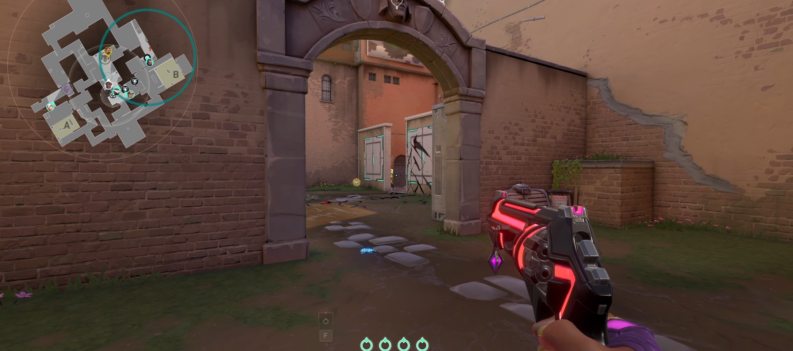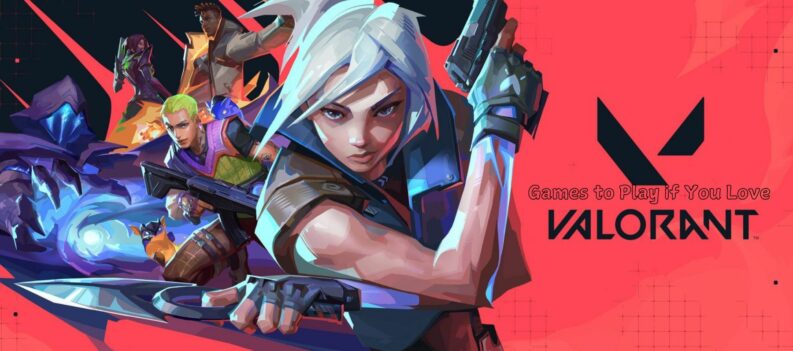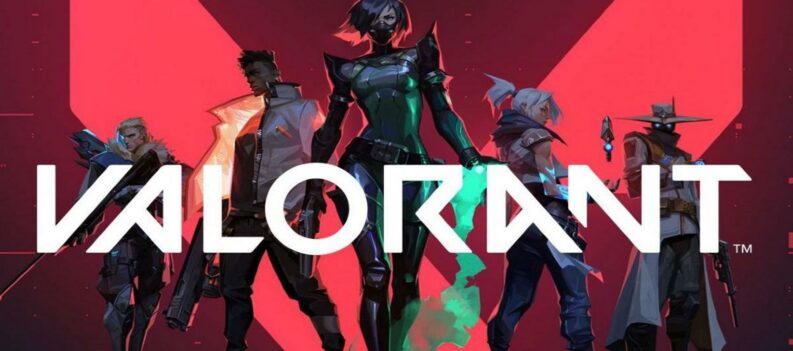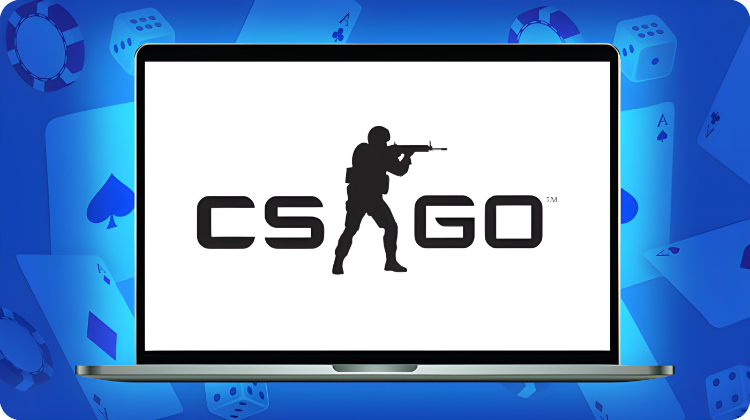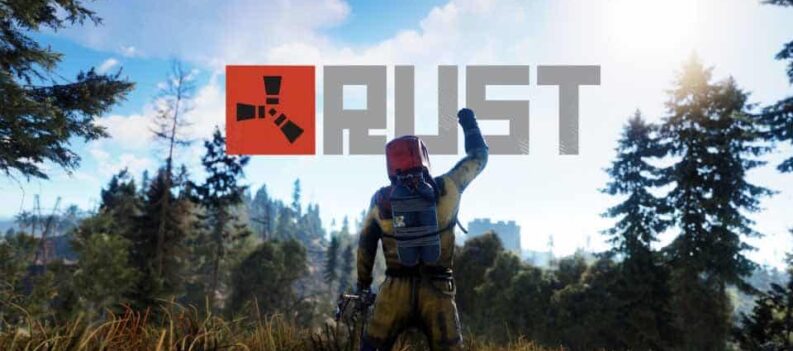It’s all about having the best guns.
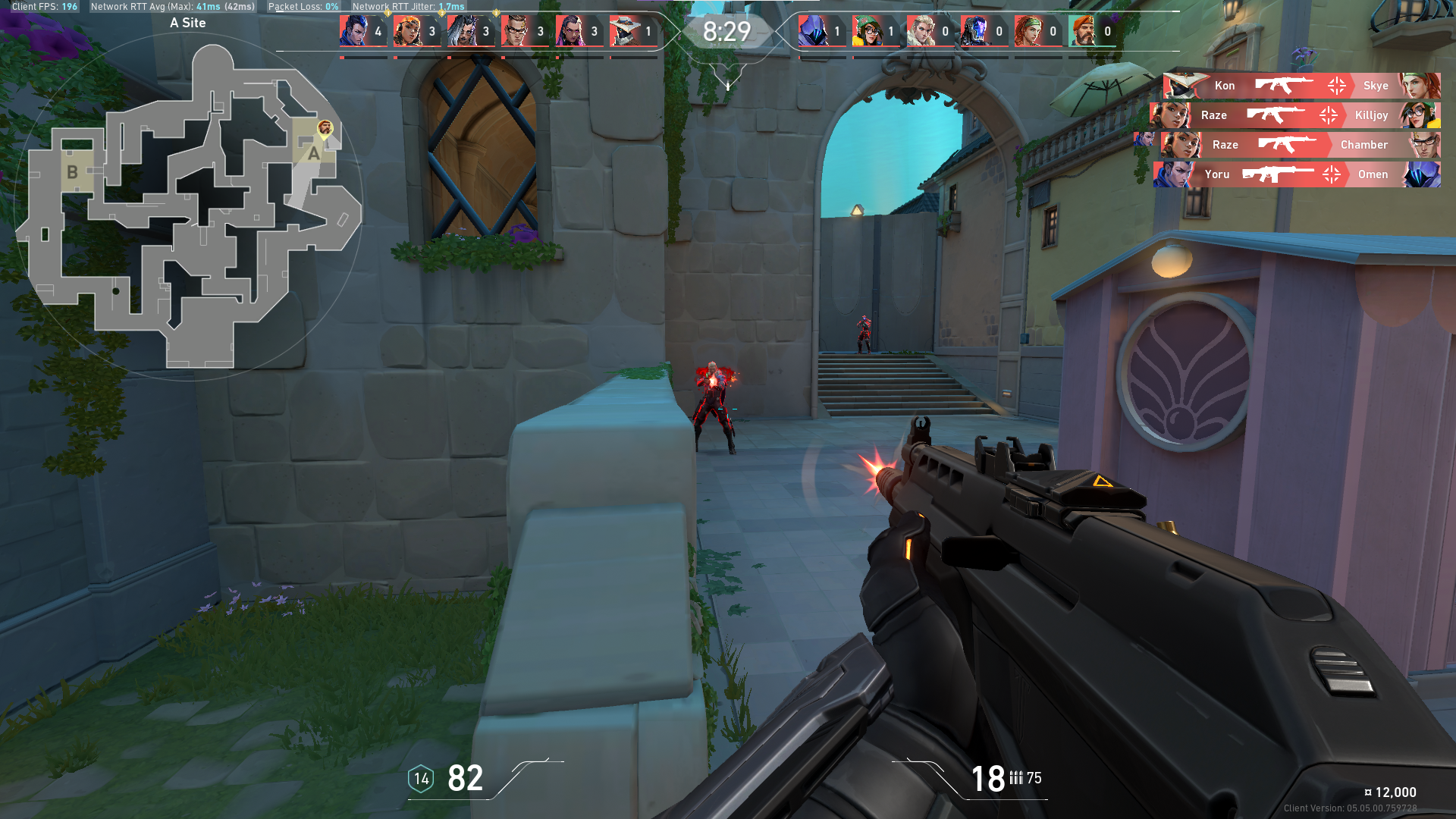
VALORANT is unique because Riot Games integrated abilities into a class tac-shooter genre. Think CSGO and League of Legends all in one FPS shooter game. Sounds fun, right?
Because VALORANT emphasizes utilities (abilities) in-game, players can easily get caught up with trap setups, lineups, and smoke placements. However, many players probably do not realize an important factor determining a team’s ability to win rounds in VALORANT – economy.
What is the Economy in VALORANT
If you are coming from a similar game such as CSGO, you have probably already heard the term economy being thrown around in some of your matches, along with all the other terms related to the word, such as save, buy, eco, anti-eco, etc.
To keep things simple, you can think of the economy as your team’s ability to purchase a full loadout at any given round.
Why is this important? It dictates how often your team can buy the best guns and armor, which, by extension, gives your team the best chances at winning the most rounds in VALORANT. After all, your chances of winning a round against a full team of Vandals/Phantoms are pretty slim if all you have in your hands is a Sheriff and half an armor.
Credits Earned Per Round
Like CSGO, the amount of credits you and your teammates receive from winning or losing a round depends on you and your team’s performance in the previous round.
Each side will start with 800 Credits in round 1. If the losing team loses consecutive rounds, they will earn an additional 500 credits, which then grows to 1000 other credits if they have lost three rounds or more in a row. Round winners will earn 3000 Credits while the losing team will only get 1900 for every round lost.
However, there are exceptions to how many Credits the losing team members receive for every round lost. Attacking team members who survive a round but fail to plant the Spike will only receive 1000 Credits. The same is true for Defending team members who survive after the spike has detonated.
Team credits will be reset to 800 after round 12, and the maximum Credits any player can earn is capped at 9000 Credits.
Eco, Full-Eco, Force Buy, Full Buy, etc.

You will hear these terms very often if you watch a ton of CSGO or VALORANT tournaments or streams. Below is an outline of what each of these economic strategies means and when they are used in-game.
Eco/Half Buy
Eco is when your team purchases less powerful guns such as the Spectre, Guardian, or Stinger alongside half armor.
Eco or Half Buy rounds are great for securing a round when you know the enemy team cannot purchase at least an SMG with half armor. Buying SMGs and half armors will help you secure the round better, thanks to better guns and beefier armor.
Full-Eco
Full-Eco strategies are often used when you know the enemy team has tons of money to spend and can purchase Vandals/Phantoms and an Operator plus full armor. In these rounds, you and your teammates will not purchase anything at all in an attempt to save the most money for the next round.
Since your team does not have the money to purchase weapons that can go head to head with the enemy team’s loadout, there is little point in forcing a buy at all since your chances of winning the round will be close to zero (assuming the enemy team plays it safe).
In this case, it is better to try your best to win the round will nothing but your pistol and hope you come across a Vandal or Phantom from dead enemies.
Going full eco and dying in the same round will give you an additional at least 1900 Credits for the next round. As mentioned above, this number increases depending on your team’s round loss streak.
Force Buy
Force Buy rounds are a viable economic strategy for rounds where most of your teammates have their Utilities and Ultimate Abilities up and believe you have a good chance of securing a round through your abilities.
In Force Buy rounds, your teammates will try to buy the best weapons and armor their budget allows. This often means you’ll end up with load-outs similar to Eco/Half Buy rounds (Spectre + Half Armor) but have an even better chance of winning the round with the help of your Ultimate Ability + Utilities.
Full Buy
Full Buy rounds typically happen as soon as the third or fourth round of the match. Depending on which side won the previous rounds, the winning side should have the purchasing power to buy Vandals/Phantoms plus full Armor by the fourth round.
Depending on how the rest of the match goes, the leading team will have more chances to Full Buy and assert their dominance on the opposing team. However, if the losing team plays their cards right, they can easily Full Buy every other round, even if they lose consecutive rounds in the match, thanks to the round loss bonus.
VALORANT Economy Management

These Credits can then be used to purchase weapons, shields, and abilities every round, which can help your team execute your chosen game plan to a T.
Of course, the more credits you have and the more consistently your team can win rounds in a given match, the better your chances at winning these rounds, thanks to better weapons and armor.
Economy management is your team’s ability to read won and lost rounds and make the correct purchase decisions from your current financial situation.
For example, losing the first round will give the enemy team more than 3000 Credits, allowing them to purchase more powerful weapons such as SMGs and shotguns and load up on abilities and utility.
If the enemy team plays their cards right, your team’s chances of winning the round are very small. On the other hand, your team just lost and only earned 1900 Credits, which is just enough to buy a pistol and half an armor. In this situation, your team will be at a weapons disadvantage (SMGs vs. Pistols).
Knowing this, it might be best to Save and not purchase weapons or armor for the next round. However, this allows you to buy more powerful guns in the following round, giving your team equal or better chances of winning the succeeding rounds. Doing this will put you at an even greater disadvantage but does not change the fact that the enemy team has the upper hand regarding weapons, whether you choose to purchase guns or not. of
This back and forth between buying and saving between rounds won or lost makes up VALORANT’s Economy Management. The better your team is at weighing the pros and cons of your purchase decisions in-match, the better your team will be able to dictate which rounds you can secure.
Money Matters
While winning every round and keeping a full loadout is going to be the best-case scenario for any team, losing will not be the end of the world (or match) in VALORANT, as the losing team is given bonus Credits to provide them with a fighting chance.
That said, managing your economy will help you maximize your team’s firepower, help score more kills, and secure various parts of the map more easily in VALORANT.
Visit the PlayerAssist website for more Gaming Guides, Gaming News, Game Codes, and other Gaming Content!




